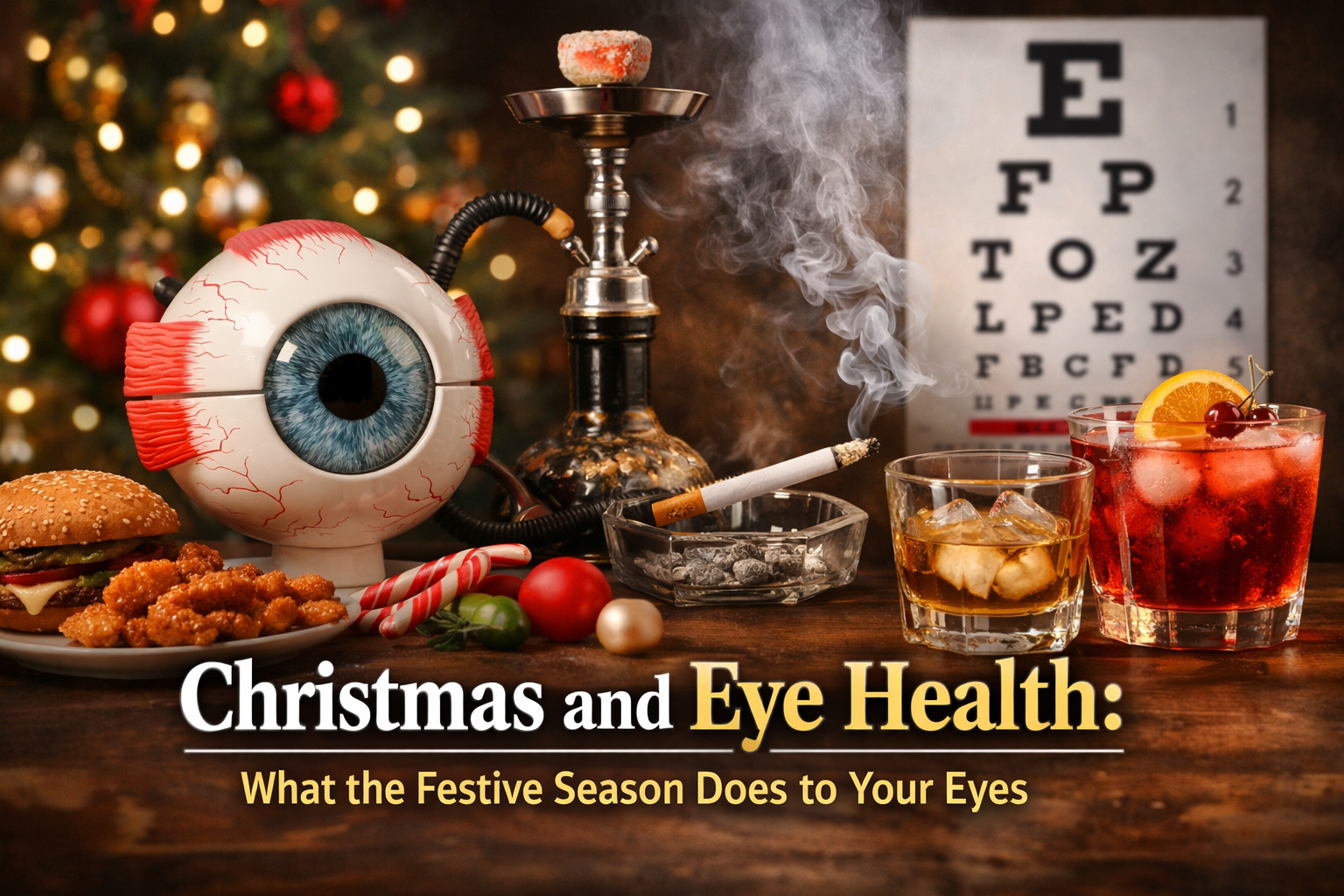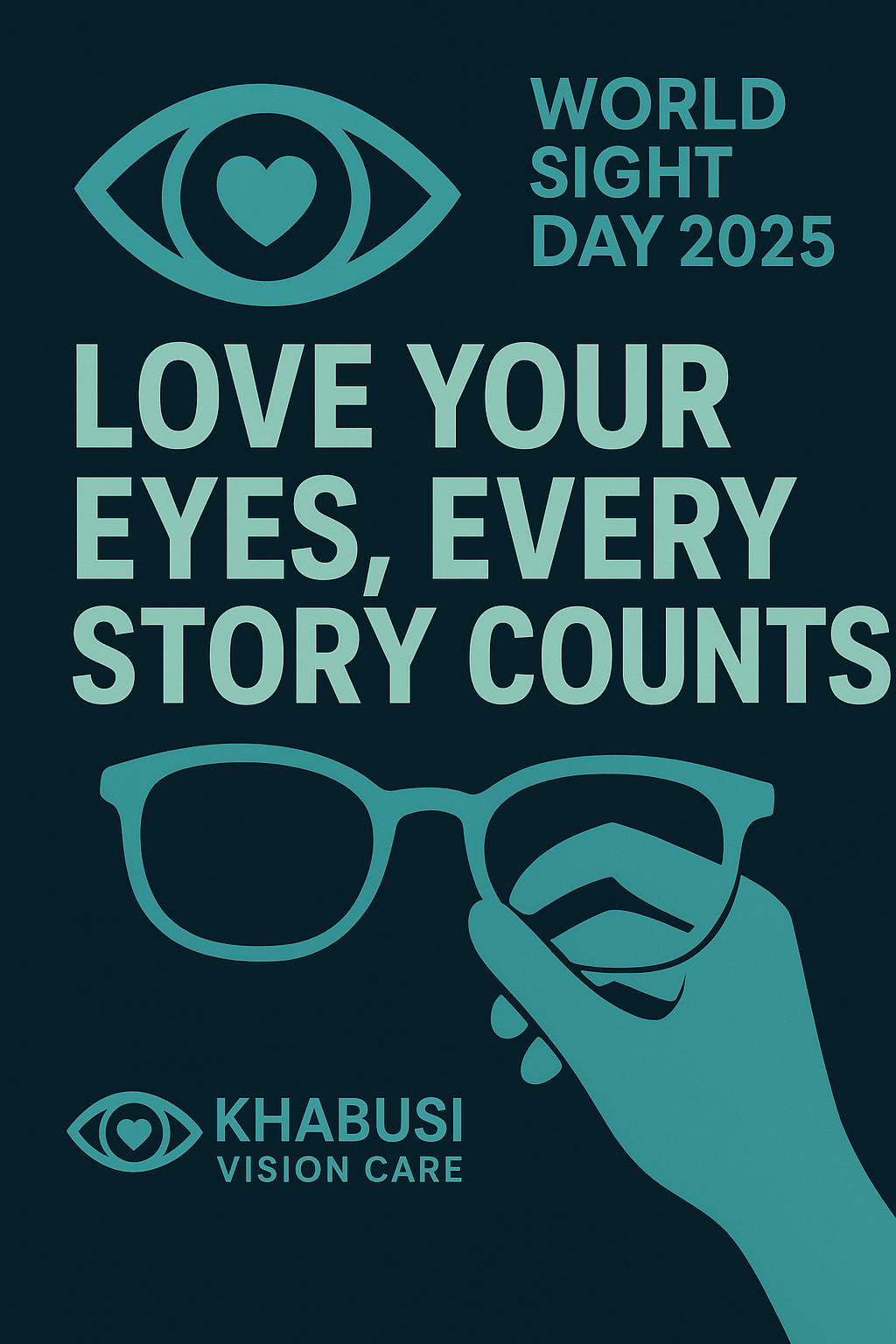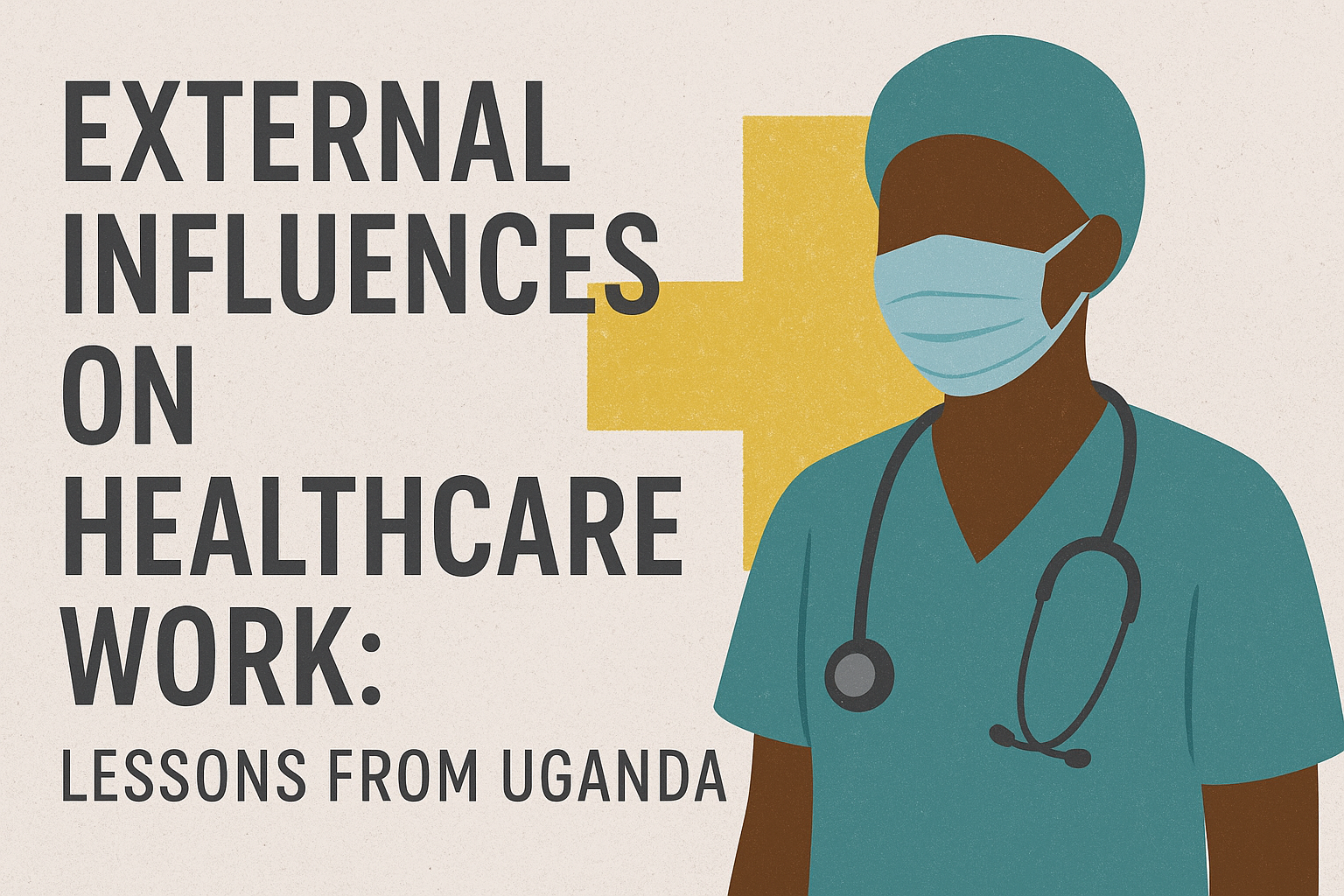
The Danger of Untested Supplements Marketed as Eye Disease Cures
Posted on Sep 18, 2025 by Timothy Khabusi
Category: Eye Health
Every other day, while scrolling through social media, I come across adverts for so-called “miracle” teas, capsules, or herbal mixtures that claim to treat blurry vision, cataracts, glaucoma, and even blindness.
These posts are everywhere — and they are dangerous. Vendors are tapping into our population’s very real struggles with eye health and exploiting them for profit. But the truth is simple: if there were a real cure for conditions like glaucoma or cataract, the medical world would already be using it.
Why False Eye Cure Claims Are So Dangerous
Eye diseases such as glaucoma, diabetic retinopathy, and cataract are not just minor inconveniences — they are leading causes of blindness worldwide. Treating them requires timely, evidence-based medical care.
For example, glaucoma is a lifelong disease. Current treatments can only slow its progression by lowering eye pressure — they cannot restore lost vision (National Eye Institute). Even with the best care, some patients still lose sight over time. That is why the search for a cure continues across the globe, with scientists, ophthalmologists, and pharmaceutical companies investing enormous effort and resources.
When untested supplements are marketed as “cures,” two serious risks emerge:
-
Delayed treatment – Patients may abandon proven therapies in favor of untested remedies, only to lose vision that could have been saved.
-
False hope – Families spend money and emotional energy on ineffective products, while the underlying disease progresses silently.
The Role of Supplements — and Their Limits
Supplements are not inherently bad. In fact, they can support general health by providing nutrients the body may be lacking. For example, certain antioxidants and vitamins may support retinal health in specific conditions like macular degeneration.
But here’s the critical point: supplements are not treatments. None of the products widely promoted on social media as “eye cures” have undergone the rigorous clinical trials required for approval as medicines. None have been endorsed by regulatory authorities for the treatment of glaucoma, cataract, or other serious eye diseases.
Advertising them as cures is misleading at best — and criminal at worst.
Protecting the Public from Misinformation
Unchecked, these false claims cause real harm:
-
People waste scarce resources.
-
Communities lose trust in healthcare.
-
Preventable blindness becomes more common.
Authorities need to step up and regulate these unscrupulous practices. At the same time, healthcare providers have a duty to educate the public, raise awareness, and stand firmly against misinformation.
The Bottom Line
Your eyes are too precious for guesswork. If you or a loved one is struggling with eye problems, seek advice from a qualified professional — not from a Facebook advert.
Supplements may support your health, but they cannot replace proven medical treatment. Do not risk your vision on false promises.

Timothy Khabusi
Optometrist, Innovator and Lifelong Learner. Dedicated to making eye care and science accessible and impactful.
Leave a Comment
Comments
An educative one


